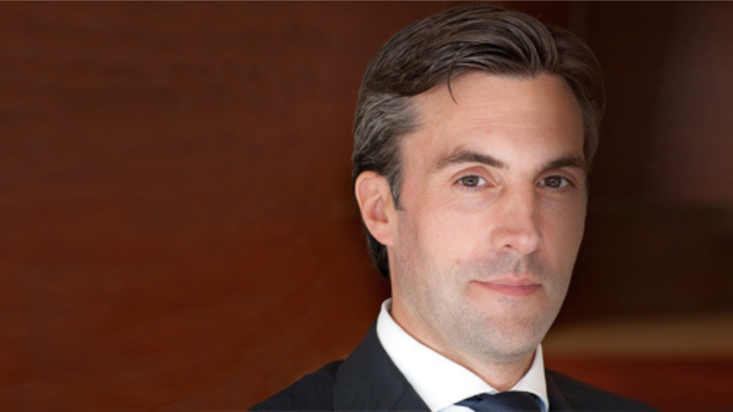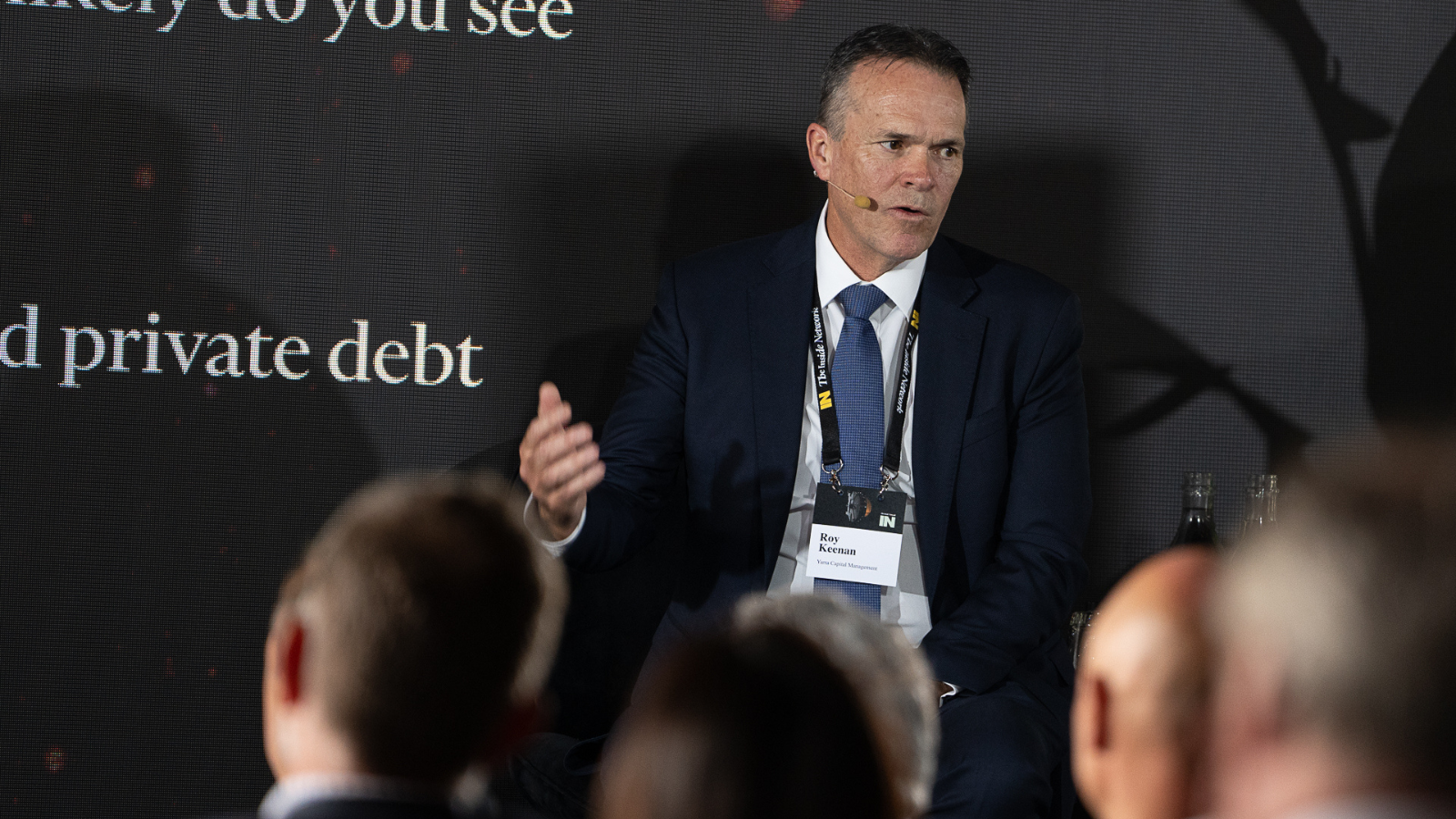Active bond managers careful what they wish for
If ever professional fund managers get complacent, the market will give them their come-uppance, says Gordon Brown, co-head of global portfolios at Western Asset Management. Quite simply, fund managers can never relax – even when every professional instinct is telling them a particular event or outcome is as good as certain.
Many end-investors might assume that it is equities managers that are most at risk from whipsawing jerks in market sentiment, but fixed-income managers, too, can find themselves out of position very quickly, as something they did not see coming… comes.
The events of March 2023 were a case in point, Brown says. “In the first week (of March), we had (Federal Reserve) Chairman Powell presenting his semi-annual Monetary Policy Report to Congress, in which he suggested that 50-basis-point hikes were back on the table for the Fed and that the ‘stickiness’ of inflation was their primary concern,” says Brown.
But then came the news that Silicon Valley Bank (SVB) was under stress. “That was perceived initially to be quite specific to SVB, but it quickly morphed into something that really rippled through the global banking sector, and which quickly resulted in the bail-out of Credit Suisse by UBS, arranged by the Swiss government. There was an extraordinary swing in sentiment, and all of a sudden, the market was pricing-in 100 basis points of rate cuts by the Fed by the end of this year.
“The banking crisis was seen as probably taking central bank rate hikes off the table, which was a pretty stunning turnaround in just a week. The market’s focus very quickly changed from inflations to the stability of the banking sector, and even the stability of the financial markets.”
With admirable candour, Brown says Western “didn’t see (the March events) coming”. But he says it simply confirmed the importance of “having diversification and ballast” in your portfolio to try to navigate the inevitable periods of volatility.
“Our guiding investment philosophy is based around the concept of fundamental value; we focus on trying to identify where we think that market pricing is different to where we think it should be, and that could be our views on government bond yields or credit spreads or the levels of currencies. We’re always trying to zoom-in on those opportunities where our view on valuations is very different from the market,” he says.
“We’ve always viewed duration as important ballast against risk markets, whether that’s equities or credit or emerging markets. Historically, owning duration has been critical to the way we view protecting the portfolio.”
Holding duration as ballast worked for a long time, until it didn’t work, in 2022.
“And when it didn’t work, it didn’t work in a very spectacular way,” Brown says. “2022 gave us this very unusual scenario in which equity markets were down 20 per cent and fixed income markets were down 15 per cent. That was a very challenging environment in which to build a well-diversified portfolio.”
However, March 2023 proved that “duration is back,” he says.
“Duration did what it’s meant to do. We saw that in the very sharp repricing in mid-March; at one point, the (US) two-year to ten-year was inverted by 100 basis points, and in about a week it repriced back to minus 40 bps. Certainly, if you had exposure to the front end of the US market, as we did in our global portfolios at Western, that was super-helpful. Again, we wouldn’t claim that we foresaw the circumstances around which the front end would reprice, but we were holding that front-end duration as a tail hedge against what we thought was maybe a small chance of a sharper slowdown; and it worked, albeit for different reasons. But the key takeaway was that duration did what it’s meant to do, which is protect you in a stress scenario when there’s a real flight to quality.”
Most investment managers spend a lot of time war-gaming scenarios and speculating what may be coming down the pipeline. But does Brown think that managing money – and really, common to all asset classes – is more difficult now, given that we’ve had, in the relatively short space of time, a global pandemic, the return of land war to Europe, trade or energy disruptions, and now, global bank collapses, again?
“It certainly does feel as if we’ve been bombarded constantly by these external shocks, which you could argue herald potentially paradigm shifts, and it does make it harder to navigate, for sure. Markets are more volatile, and I would suggest that they’re less liquid than they used to be. Navigating that volatility can be challenging. It’s a very good litmus test of how robust your portfolio construction is, how good your risk management systems are.
“Western’s been around long enough that we’ve been through a few of these things, not least the global financial crisis,” he continues. “But then you have COVID-19, the Russia-Ukraine war, and that’s why we work very closely with our risk teams, not just to think about whether history can repeat itself or not, but war-gaming around potential downside shocks. As I said, we didn’t see the bank collapses coming, but again, for us it only confirmed the importance of having diversification and ballast in your portfolio to try to navigate these periods of volatility; because, if you’ve got that, it allows you to hold the value propositions in your portfolio that you really believe in.”
And, of course, active managers are supposed to like stressful times. “Active managers really thrive off heightened volatility and while it’s uncomfortable, it does throw up really interesting opportunities; you get a lot of dispersion of returns when markets get very dislocated like they are currently. That’s where we can earn our stripes.”











